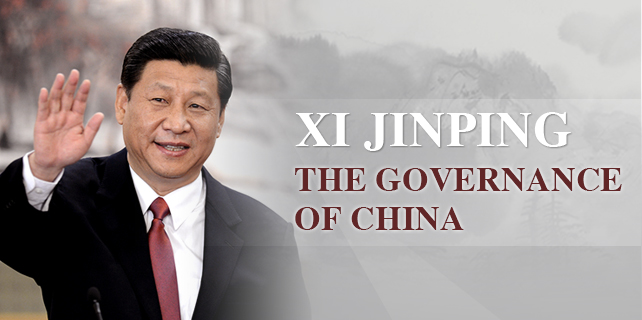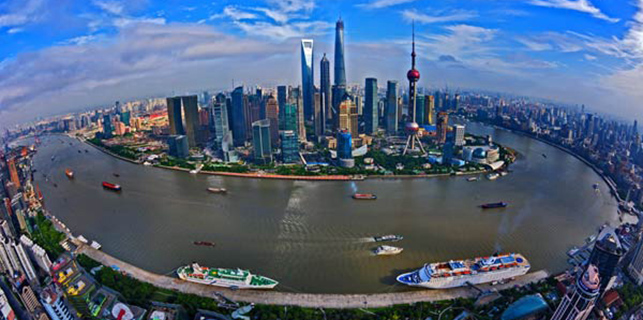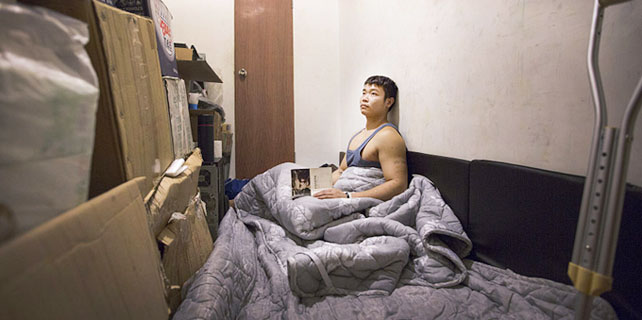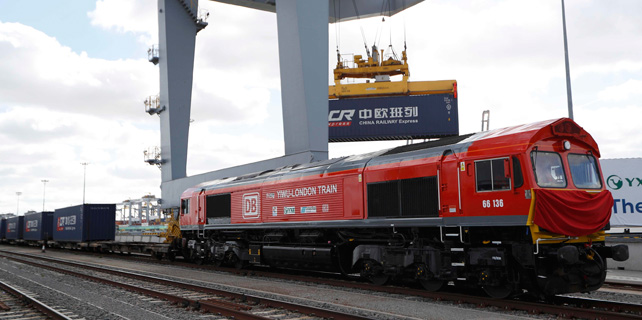Donghu to benefit the local economy
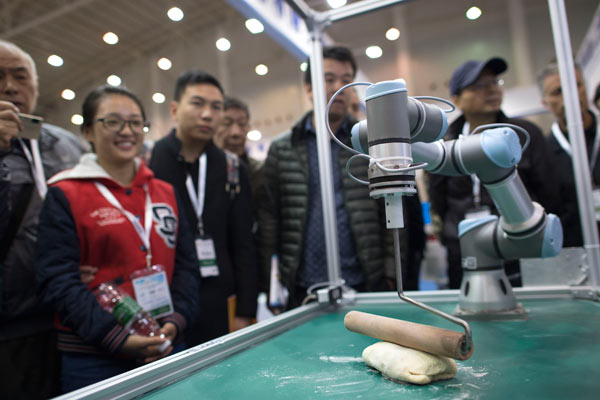 |
|
Visitors watch a robotic arm making dough at a tech expo in Wuhan, Hubei province. [Photo/Xinhua] |
As the core area of China (Hubei) Pilot Free Trade Zone, Wuhan offers an example of how high-tech industry benefits the local economy.
Shenzhen China Star Optoelectronics Technology Co, Ltd, a subsidiary of TCL Corp, announced on March 31 it will invest 35 billion yuan ($5.08 billion) to build a plant in Wuhan.
Located in Wuhan Donghu High-Tech Development Zone, the project will produce high-resolution, flexible and foldable display panels for smartphones.
The 16-billion-yuan phase-one project went into operation last September.
The local authorities expect that Donghu, or the East Lake, zone will become the country's largest manufacturing base for small and medium-sized display panels by the end of 2018.
As there are many optics-related high-tech companies in the zone, Donghu zone is also known as Optics Valley.
As the newly launched Hubei FTZ consists of three areas in Wuhan, Xiangyang and Yichang, the Wuhan-based 70-sq-km area is the core of the whole FTZ, while the Wuhan area's core lies in the Donghu zone, according to Hu Lishan, Party chief of the Donghu zone.
The zone became the country's second self-dependent innovation demonstration area in 2009, following Beijing's Zhongguancun Science Park, the most renowned high-tech hub in China.
The zone is now home to a group of 28 State-level industrial bases, including optoelectronic, biological and geospatial information industry bases.
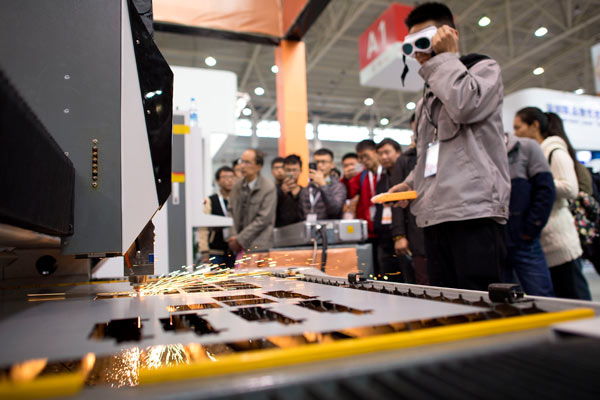 |
|
An exhibitor wears protective goggles during a display of laser cutting technology at an optoelectronic fair in Wuhan, Hubei province last November. [Photo/Xinhua] |
"By the end of October last year, the number of enterprises based in the zone had amounted to over 45,000, with 59 new firms being founded every day on average", said Ye Qing, deputy director of Hubei provincial bureau of statistics, earlier this year.
"Hubei's FTZ trial application started three years ago, soon after the Shanghai FTZ was launched, while the local authorities undertook 42 specific reforms in the 518-sq-km Donghu zone in 2014", said Tu Shanfeng, director of the Wuhan free trade zone administration.
Official data show that newly added market entities in the Donghu zone surged by 62.33 percent in 2014.
In 2016, the zone further reformed 66 key issues and finished 61. In the year, the gross operating revenue of Donghu-based enterprises exceeded 1 trillion yuan for the first time.
Tu contributed the surges to the reforms. He said many of the reforms have been promoted to the whole province, which brought Xiangyang and Yichang into the latest FTZ planning in 2016.
Hubei also wants to attract more foreign companies to invest in the high-end manufacturing sector and the producer services sector, which include industrial design, engineering consultation and logistics according to a guideline on attracting foreign investment released by the provincial government last month.
Foreign capital is also encouraged to participate in the province's public-private partnership (PPP) projects, to improve local infrastructure.







